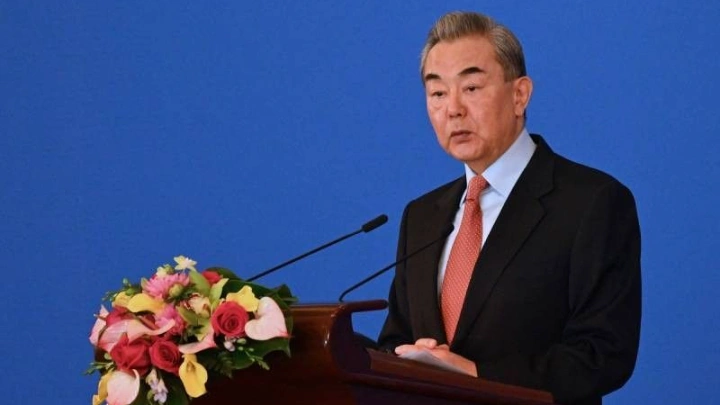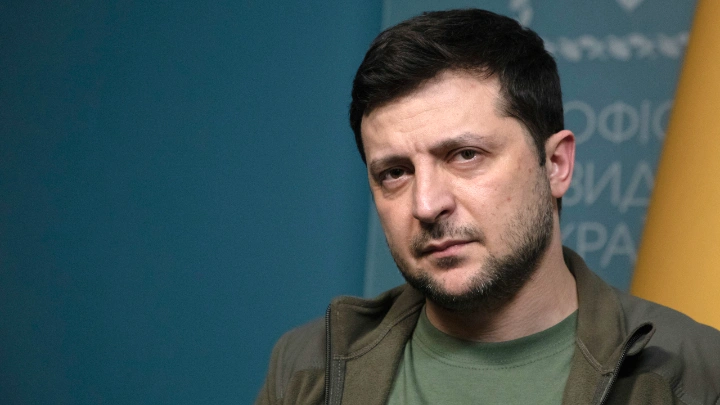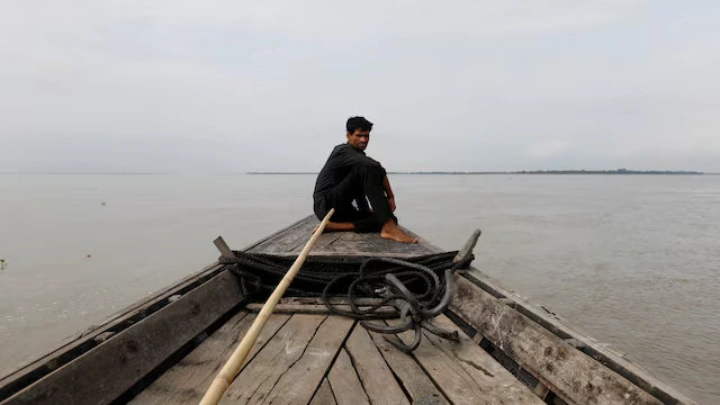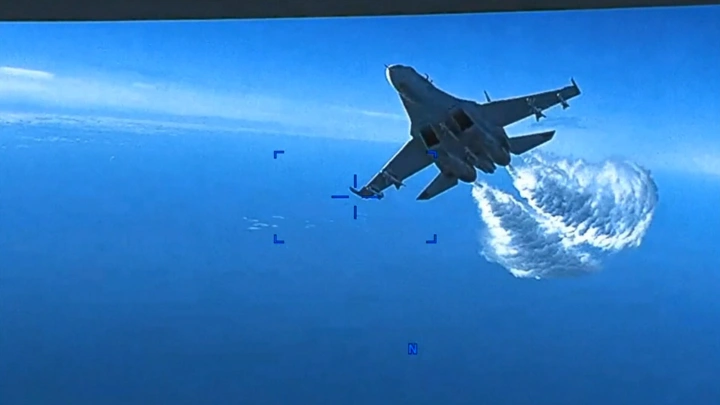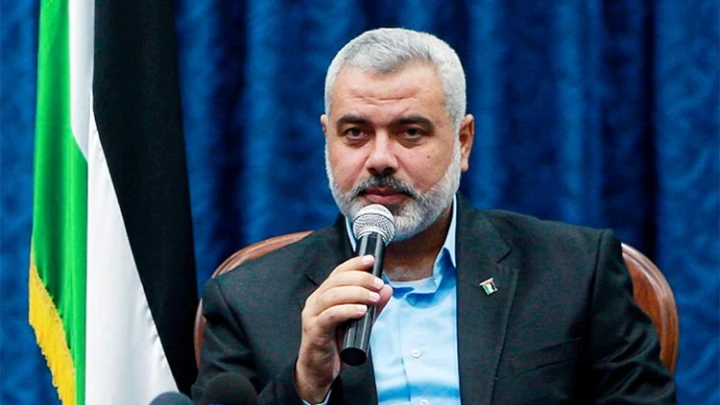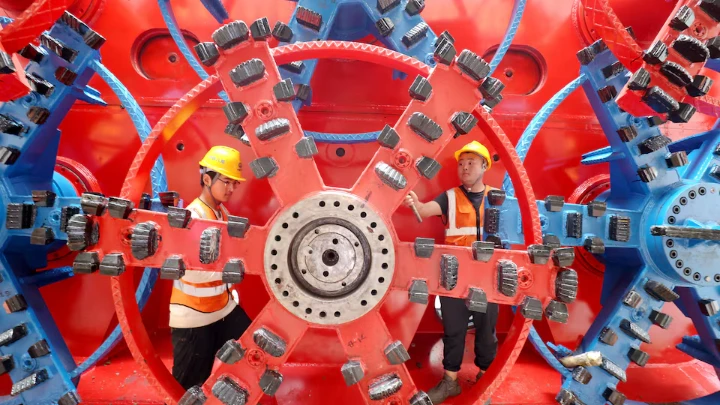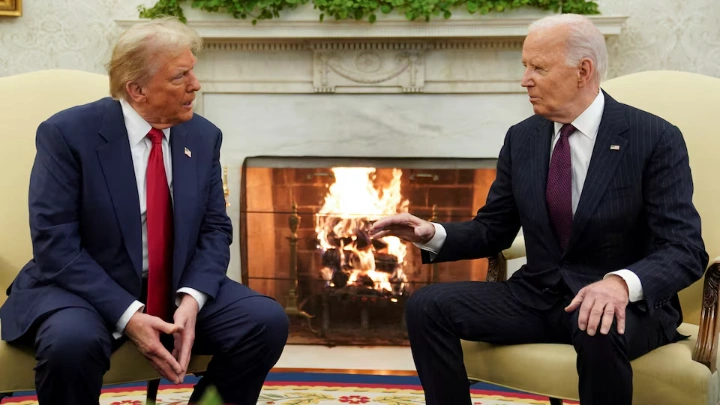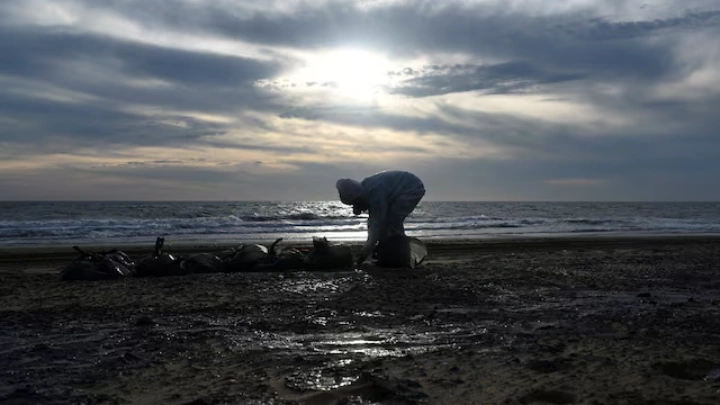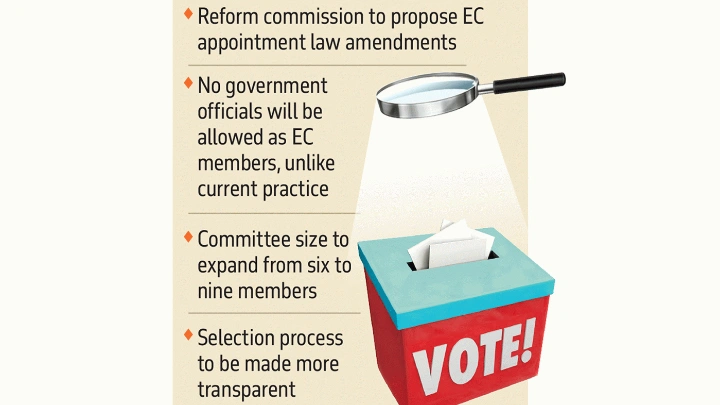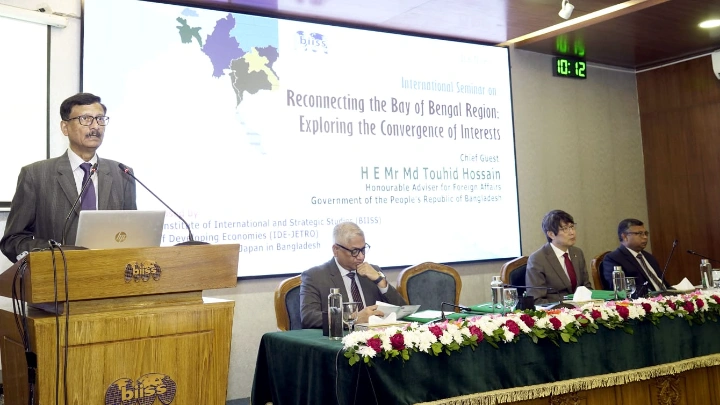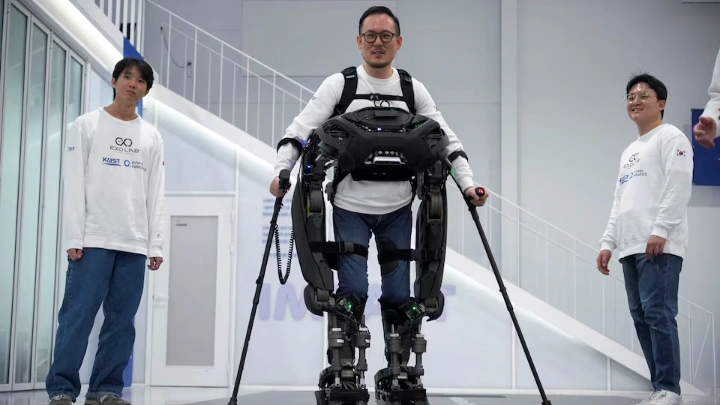Russian mines in Ukraine: "There is a constant threat."
Shining BD Desk || Shining BD
In Ukraine, entire regions have been contaminated with Russian mines. Germany wants to help clear them, but the task is daunting.
The peace and quiet in the forests around Brovary is deceptive, said Mairi Cunningham of the Halo Trust. Speaking with DW by phone, she said she was there only a few hour ago.
"It's a perfectly peaceful, green area in the northeast of Kyiv where you don't see any traces of the conflict. I felt like I was far away from the war in Ukraine."
But mines have been lying there since fierce fighting raged in the area in late March 2022. The Ukrainian army was able to push back the advance of Russian tanks on the capital, Kyiv — but the mines remained.
"The threat is pervasive and deadly," said Cunningham. She heads the Ukraine program of the Halo Trust, the world's largest land mine clearance charity. "Here in Brovary, we've already been able to clear some areas, so people can return to some semblance of normality. But the scale of the problem is vast."
Mairi Cunningham leads the Halo Trust's demining project in Ukraine
The Halo Trust's current 480 employees are searching for explosives with metal detectors, square meter by square meter. They're also drawing maps and defusing mines and booby traps. Next year, the Halo Trust plans to employ 1,200 people in Ukraine.
"Our Ukrainian team is extremely committed to supporting the reconstruction of their community, despite the ongoing conflict," said Cunningham. But, of course, this work cannot take place without international support, she added.
Money from Germany
Financial aid from Germany plays a key role, said Cunningham. In total, Germany has provided €8.4 million ($8.14 million) for demining programs since the Russian invasion of Ukraine began in February, a German Foreign Ministry spokesman told DW.
The largest chunk of this funding, €6 million, will go to the Halo Trust. Handicap International and the United Nations Development Program also receive support for demining. The Foreign Ministry is prepared for the fact that the need for support will be high in the long term, the spokesman added.
German Foreign Minister Annalena Baerbock pledged support for demining projects on a visit to a minefield near Kyiv
As recently as September 10, Foreign Minister Annalena Baerbock visited a minefield near Kyiv that is being cleared by the Halo Trust. "It is important that life on the ground here can continue," Baerbock said at the time.
Metal detectors are in short supply
Staff at the Ukrainian Deminers Association are also working on ensuring that life can continue. "At the moment, our deminers are working in the Bucha and Chernihiv regions," Tymur Pistriuha told DW over the phone. He heads the small NGO, which employs just under 20 deminers, though he would like to hire more staff.
"Every day we receive applications from people who are willing to be a deminer. But it's a matter of money; we can not recruit all of them," he said.
Pistriuha wants the German government to support not only large international organizations like the Halo Trust, but also small Ukrainian NGOs like his. His deminers lack metal detectors, he said — and excellent detectors are manufactured in Germany. He would like to have some of these, or even robotic vehicles for defusing mines.
To illustrate the huge scale of the task, Pistriuha points to a map. As of September 8, almost 139,000 square kilometers (54,000 square miles) of land in Ukraine have to be checked for mines, booby traps and unexploded ordnance. That represents an area larger than Greece. Mines aren't just found in fields and forests, either — Russian soldiers also booby-trapped house doors, washing machines and children's toys.

A huge part of eastern Ukraine has to be cleared of land mines before it can be rebuilt
Humanitarian organizations such as the Ukrainian Deminers Association or the Halo Trust clear mines in areas where there is no longer fighting. Military units are responsible for mine clearance near the front lines.
Germany also wants to support Ukraine in this effort. To this end, some 20 Ukrainian soldiers are due to attend the Bundeswehr's explosive ordnance disposal school in Stetten am Kalten Markt in southern Germany for training. According to Defense Minister Christine Lambrecht, the Bundeswehr also wants to provide material "so that Ukraine can fight this battle against this disgusting use of weapons, namely mines and booby traps."
Clearance will take decades
But exactly what material the Bundeswehr is supplying is unclear. For security reasons, no details could be given, an army spokesman told DW. So far, the German government has announced the delivery of just four remote-controlled demining devices to Ukraine.
A remote-controlled robot known as tEODor is used to pick up a grenades with its manipulator arm
These could be the remote-controlled robot tEODor, which looks like a mini tank no bigger than a shopping cart. With its gripper arm, it can hold objects weighing up to 100 kilograms (220 pounds). Using a high-pressure water jet, a bolt gun or a shotgun, it is able to destroy explosive devices.
Even before the Russian invasion began in February, Ukraine was heavily laden with mines and munitions, some dating back to the two world wars in the 20th century and some from the war in the Donbas, ongoing since 2014. Even experts cannot currently estimate how many mines will need to be cleared in Ukraine in the coming years.
"The international community needs to know that there is an unprecedented challenge ahead," said Cunningham of the Halo Trust. "It is of huge proportions, and it requires long-term investment."
By AFP
Shining BD





